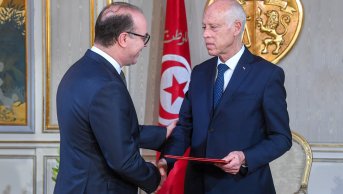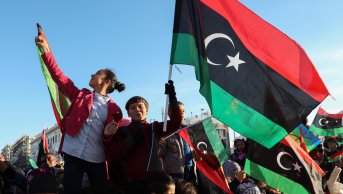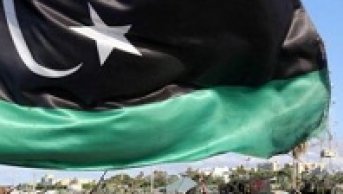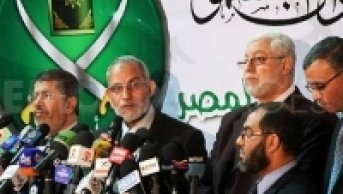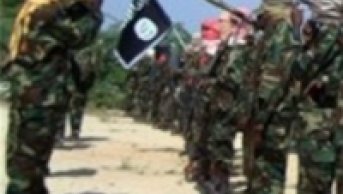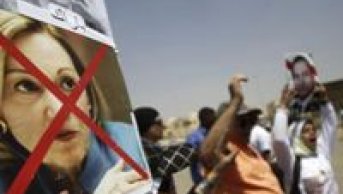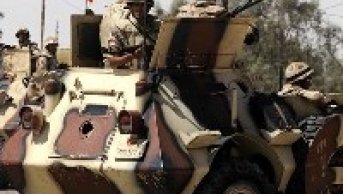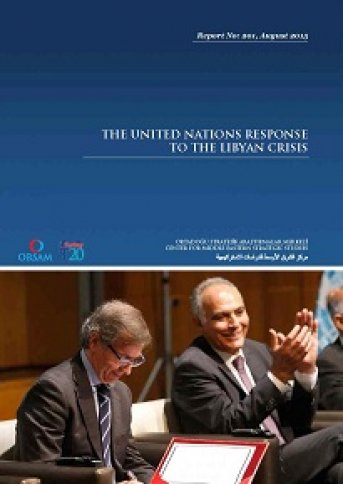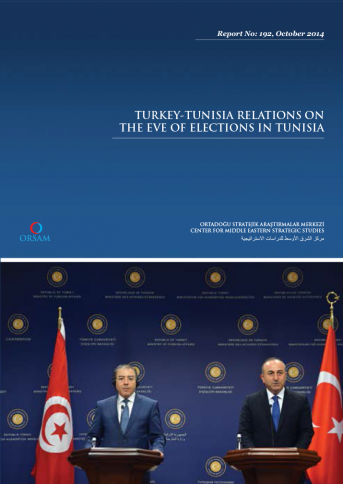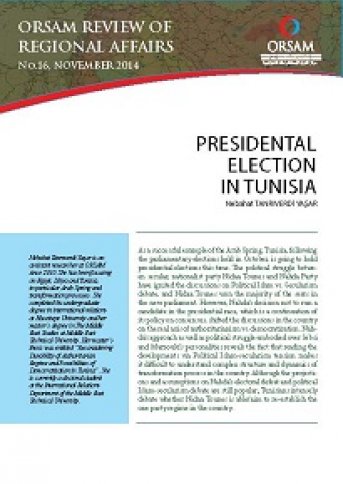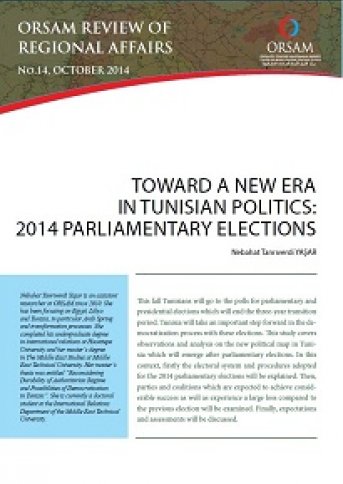Nebahat Tanrıverdi Yaşar

Biography
Nebahat Tanrıverdi Yaşar completed her BA in Hacettepe University, Faculty of Economics and Administrative Sciences, department of International Relations. He received her MA degree in Middle East Technical University, Middle East Studies department with the thesis titled “Reconsidering Durability of Authoritarian Regime and Possibilities of Democratizatio in Tunisia”. She is a PhD candidate in the Department of International Relations at Middle East Technical University.
She has been studying on the topics such as North African politics, foreign policies of North African countries, social movements, the Arab Spring and the transformation processes. Tanrıverdi Yaşar has published many national and international publications so far and contributes to various journals and media outlets.
After working in various media and mission representations until 2010, she started working in ORSAM in 2010. She worked as an freelance researcher between 2015-2020.

